
The traffic and exhaust fumes may be getting worse in Beijing, but it doesn't seem to be putting off growing numbers of auto enthusiasts who are eager to tune up their cars.
With a funky hairstyle and trendy black-framed glasses, Wang Chao, 21, is one of these car-tuning fanatics. It helps that Wang, a sophomore student in chemical engineering at the University of California Riverside, also comes from a rich family in Beijing.
Wang and his friend Lin Hansen, 23, the son of a Beijing real estate developer, set up a modified car club (MCC) with a branch in Beijing and Los Angeles in the second half of 2012.
Wang won the runner-up prize with his modified Nissan 370Z in an annual retrofitted car show in October last year in Southern California, US. This helped spread the name of his club among fellow enthusiasts in North America, many of whom are children of rich Chinese families, and are commonly known as fuerdai, or second-generation rich, in China.
"I totally modified the engine, except the cover, which I kept original. I changed the seat and steering wheel into racing types, and I changed the gearbox into Lamborghini's E-gear (shifting up and down by paddles behind the steering wheel)," Wang told the Global Times Sunday in his parent's wine and cigar shop on Beijing's Financial Street.
He more than doubled his Nissan's engine output to 700 horsepower, enabling it to accelerate from 0-100 kilometers per hour in 3.9 seconds.
To participate in the contest, which was organized by Empire Z, a club dedicated to Nissan Motors' Z sports cars in California, Wang also lowered the suspension and substituted the exhaust pipe with a carbon fiber one.
But this was not enough, so he also had a set of tailor-made wheel hubs flown in from Japan to the US.
"They have my name engraved on them," Wang said proudly, noting that the entire refitting cost was close to $100,000, or almost triple the car's standard price tag in the US.

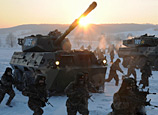
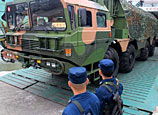
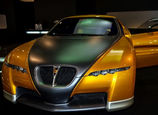
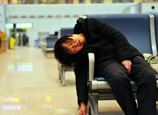
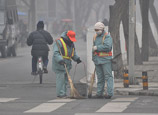

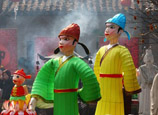

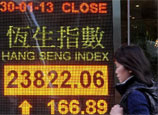







 Homecoming interrogations trouble young Chinese
Homecoming interrogations trouble young Chinese


![]()
